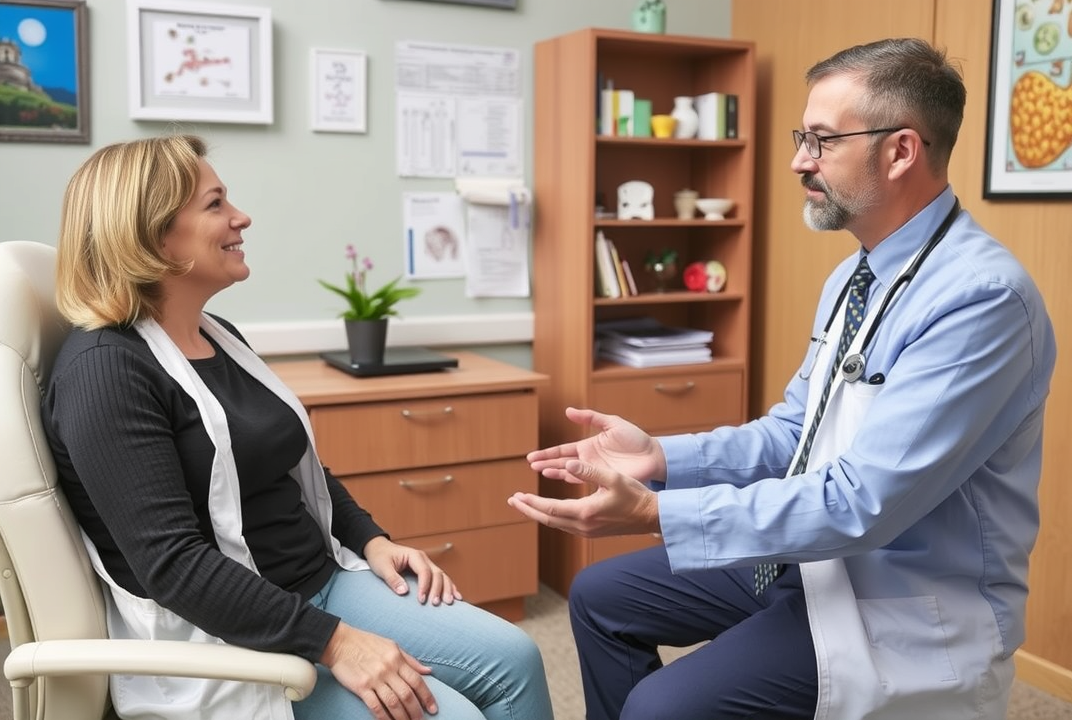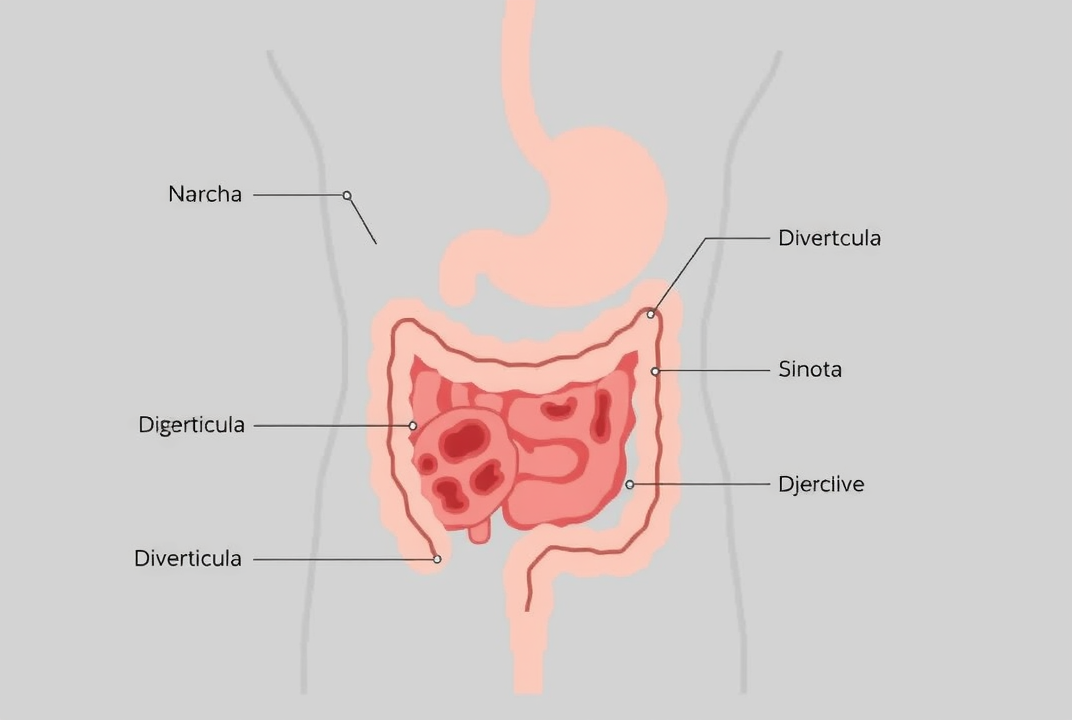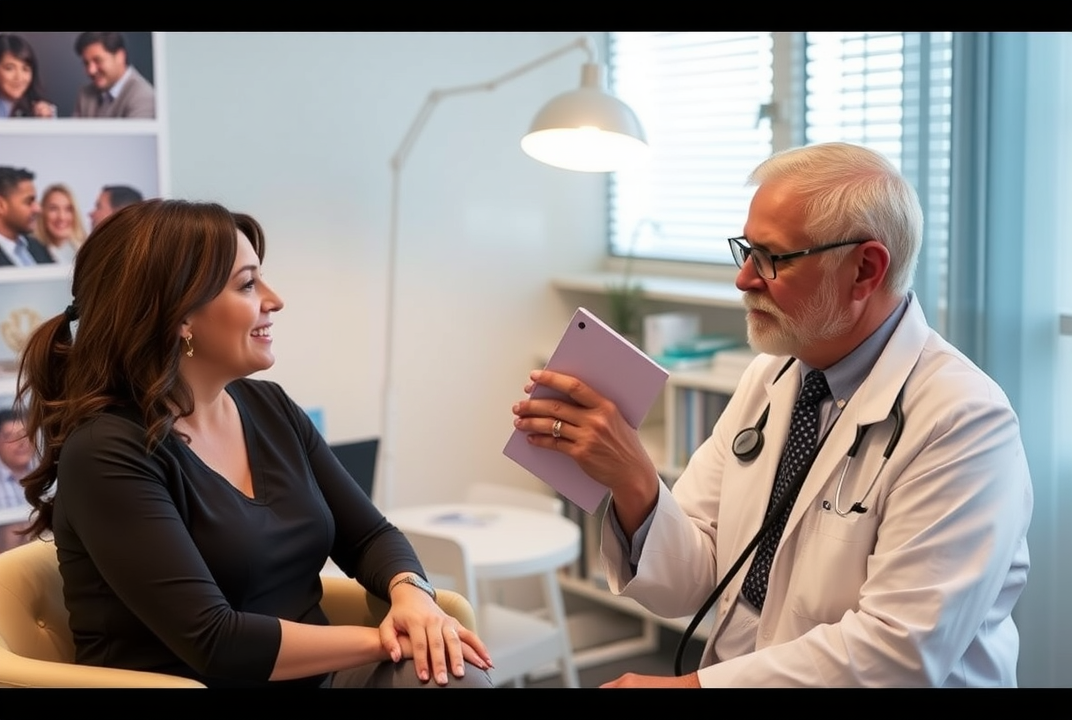Essential Questions to Ask Your Diverticulitis Doctor

Introduction
Did you know that approximately 200,000 Americans are hospitalized annually due to diverticulitis? Navigating a diverticulitis diagnosis can be overwhelming, and being informed is crucial for effective management. Essential questions can enhance your understanding and improve communication with your healthcare provider. This guide outlines vital questions to ask your diverticulitis doctor, helping you make informed decisions about your health.
Understanding Diverticulitis
What is Diverticulitis?
Diverticulitis is a condition marked by inflammation or infection of pouches, known as diverticula, in the digestive tract. These pouches can form in the colon lining and, when inflamed or infected, can lead to severe abdominal pain, fever, and changes in bowel habits.

Why is it Important to Ask Questions?
Asking the right questions empowers you to take control of your health. An open dialogue with your doctor enhances your understanding and helps tailor a management plan that suits your needs.
Key Questions to Ask
-
What are the typical symptoms I should watch for and report?
-
Knowing the common symptoms such as abdominal pain, fever, and nausea is crucial for early intervention.
-
-
What lifestyle changes can help manage my condition?
-
A high-fiber diet and regular exercise are often recommended. Discuss with your doctor to create a personalized plan.
-
-
How often should I undergo screenings or check-ups?
-
Understand the recommended frequency for colonoscopies or other screenings based on your condition.
-
-
What treatment options are available, and what do you recommend?
-
Learn about medications, lifestyle modifications, and, when necessary, surgical interventions.
-
-
What are the potential side effects of the treatment?
-
Discuss any possible side effects to weigh the benefits and risks.
-
-
Should I be aware of any complications related to diverticulitis?
-
Identifying complications such as abscess formation, perforation, or intestinal blockage is crucial for timely intervention.
-
-
Are there specific dietary restrictions I should follow?
-
Foods rich in fiber like fruits and vegetables are often beneficial, but personalized advice is best.
-
-
How can I manage pain associated with diverticulitis?
-
From over-the-counter pain relief to prescription medications, discover effective ways to manage discomfort.
-
-
Is surgery ever necessary, and if so, what does it involve?
-
Understanding circumstances under which surgery might be recommended helps in preparing mentally and physically.
-
-
What should I do in case of an emergency or a flare-up?
-
Establishing a clear action plan aids in managing sudden complications effectively.
Building a Relationship with Your Doctor
Creating a transparent relationship with your healthcare provider is integral to managing diverticulitis. Regular communication ensures that your concerns are addressed and your treatment plan evolves with your condition.
How to Communicate Effectively
-
Be Open and Honest: Share your symptoms and any concerns without hesitation.
-
Stay Informed: Keep a record of your symptoms and flare-ups to discuss during visits.
-
Ask for Clarity: If medical jargon is confusing, don’t hesitate to ask for simpler explanations.

Conclusion
Informed patients are empowered patients. By asking the right questions, you can enhance your understanding of diverticulitis and improve your healthcare outcomes. Keep this guide handy for your next doctor's visit and take charge of your digestive health confidently.
Next Steps: Prepare a list of these questions before your appointment and ensure they align with your specific health needs.